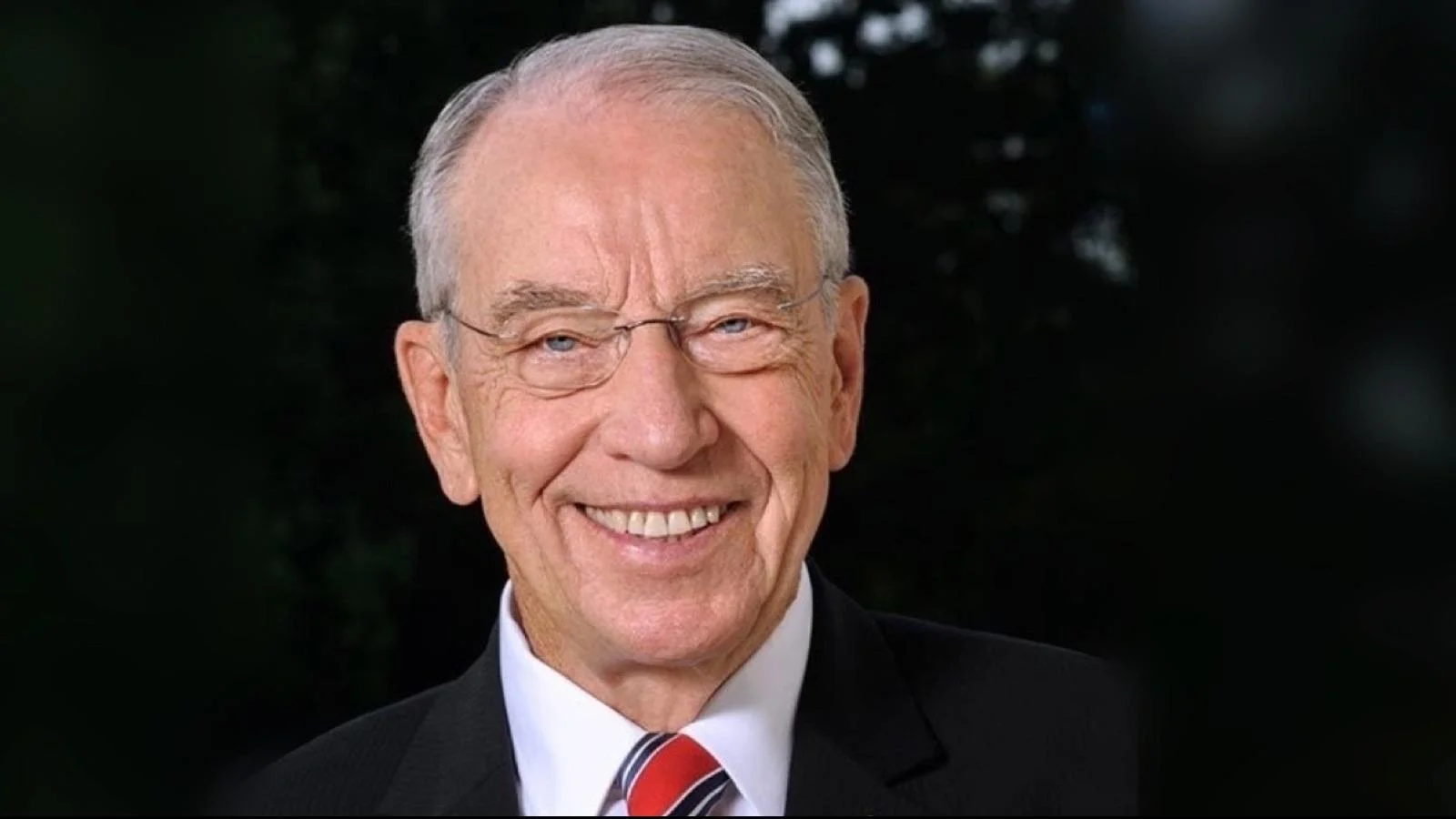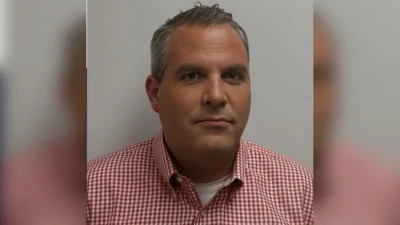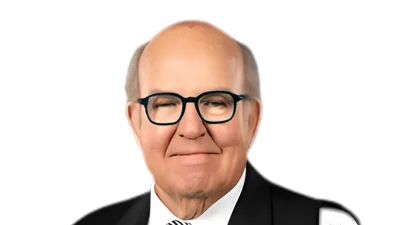Senator Chuck Grassley | Official U.S. Senate headshot
Senator Chuck Grassley | Official U.S. Senate headshot
Senate Democrats have blocked the confirmation of 10 U.S. Attorney nominees, leaving several communities without their top federal law enforcement officials. The nominees had advanced from the Senate Judiciary Committee by voice vote but have not received a final confirmation due to a hold placed by Senate Democrats at the start of the second Trump administration.
Judiciary Committee Chairman Chuck Grassley (R-Iowa) sought unanimous consent for their confirmation, but Ranking Member Dick Durbin (D-Ill.) objected. This action affects nominees for districts including Minnesota, where a recent mass shooting occurred. Daniel Rosen, nominated for U.S. Attorney in Minnesota, has support from both of the state’s Democratic senators.
Durbin referenced precedent for his objection, pointing to then-Senator J.D. Vance’s (R-Ohio) previous hold on some U.S. Attorney nominees during the Biden administration. However, Republicans argue that this current blanket hold is broader and impacts all 93 U.S. Attorney positions under President Trump.
The Democratic hold requires individual roll call votes rather than expedited voice votes to confirm each nominee. During the Biden administration, 94 percent of U.S. Attorneys were confirmed by voice vote; none have been confirmed this way so far in the current administration.
Durbin has previously spoken against such holds on law enforcement appointments: “Law enforcement is a team effort, and we need officials at the federal, state, and local level working together to stop crime in this country and to keep people safe. And when it’s delayed – putting professionals in place – that delay can cost lives. You can’t stand up and say, ‘I don't want to defund the police,’ and then refuse to fill vacancies when it comes to law enforcement. That’s inconsistent,” Durbin said on February 16, 2022.
He also stated on March 30, 2022: “Don’t lecture me on law and order if you are coming to the floor to prevent qualified law enforcement professionals from helping the Justice Department combat violent crime… It doesn’t take political courage to harm an innocent person.”
Grassley criticized what he described as unprecedented obstruction by Senate Democrats: “Unfortunately, my Democratic colleagues have engaged in blanket obstruction of all nominees in their misguided attempt to derail the Trump Administration... The actions of Senate Democrats are putting the American public in harm’s way.”
He added that confirming each nominee individually would require over 230 hours of Senate floor time and questioned why Democrats who previously opposed such tactics now support them: “Why are the same Democrats who decried the obstruction of U.S. Attorneys last year engaging in that very same conduct today? The answer is that they don’t like the President that the American People elected.”
Grassley offered a compromise involving five roll call votes but said Democrats declined.
The blocked nominees include Daniel Rosen (Minnesota), Erik Siebert (Eastern District of Virginia), David Metcalf (Eastern District of Pennsylvania), David Waterman (Southern District of Iowa), Ronald A. Parsons Jr. (South Dakota), Bart McKay Davis (Idaho), Kurt Alme (Montana), Nicolas Chase (North Dakota), Lesley Murphy (Nebraska), and Kurt Wall (Middle District of Louisiana). Some have received blue slips from Democratic senators indicating bipartisan support.
Grassley highlighted recent violence in Minnesota as an example of why filling these roles is urgent: “Just last week, in Minnesota, a shooter entered a service at Annunciation Catholic Church, murdering two little children and injuring 18 others!... But what are the Democrats doing instead? They’re blocking the confirmation of Mr. Rosen... Not because of any objection to his qualifications, but as an act of pure partisanship.”
He concluded by urging colleagues to prioritize public safety over politics: “Debate and disagreement about policy is to be expected, but it should never come at the expense of public safety.”




 Alerts Sign-up
Alerts Sign-up